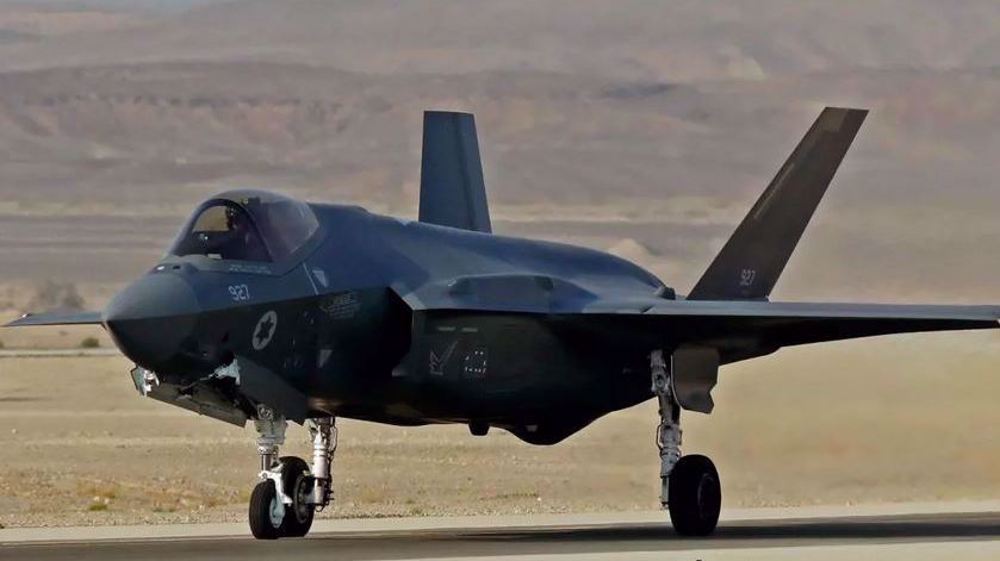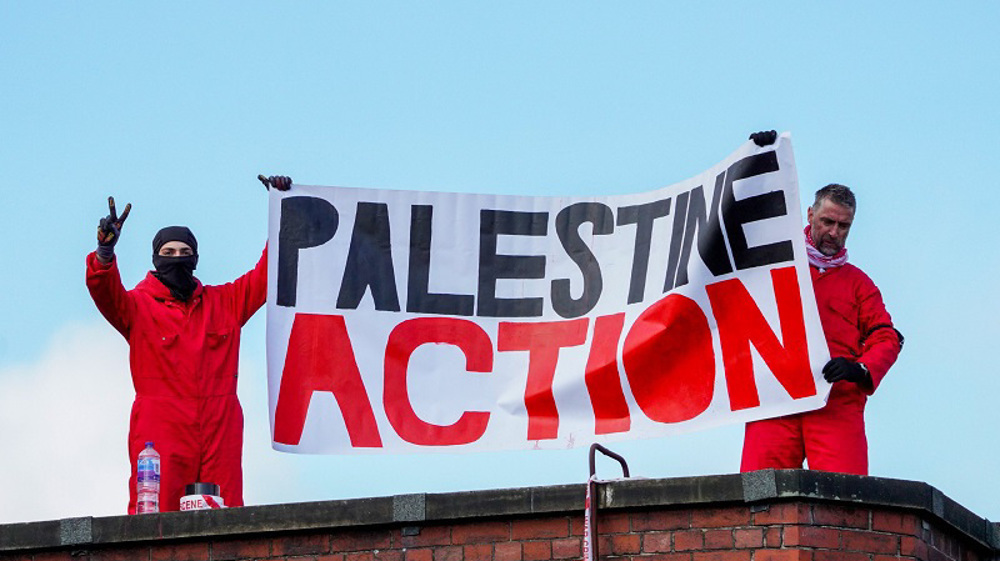Court rules 'unlawful' UK arms deals with Saudi
The UK’s extensive arms deals with Saudi Arabia are unlawful because the weapons are being used in the kingdom’s deadly war against the people of Yemen, the UK Court of Appeal has ruled.
Master of the Rolls Sir Terence Etherton, Lord Justice Irwin and Lord Justice Singh ruled on Thursday that London’s arms sales to Riyadh were “irrational and therefore unlawful” and the trade secretary should not issue weapons exports licenses without considering the Riyadh regime’s human rights record.
The ruling required the government to check the possible breaches of international humanitarian law (IHL) by the purchaser and whether there was a “clear risk” of future breaches.
“The question whether there was an historic pattern of breaches of IHL ... was a question which required to be faced,” it said.
The ruling marks a remarkable victory for campaign groups in the latest stage of their legal battle against the UK government over Saudi Arabia’s war on Yemen, where Saudi forces are accused of committing war crimes.
The High Court had previously ruled against the campaign group, concluding that the government was "rationally entitled to conclude ... that the [Saudi-led] coalition were not deliberately targeting civilians" in Yemen.
That ruling went against charges brought by the London-based group Campaign Against the Arms Trade (CAAT), which argued that British fighter jets and bombs sold to Saudi Arabia were being used to kill civilians in stark violation of international law.
It was on this basis that CAAT challenged the 2017 ruling of the court and presented fresh evidence from the Yemen war to win the appeal.
The new ruling means that the Tory government must now consider halting its arms exports to Saudi Arabia out of concern that they could be used against the people of Yemen.
“The government will now have to reconsider whether to suspend existing export licenses and reconsider its decision to continue to grant licenses. Our client hopes the government will reconsider quickly and will decide that no further licenses should be granted,” said Rosa Curling, a lawyer from Leigh Day which represented CAAT.
Andrew Smith, of CAAT, said it was unfortunate that the government needed a “court case brought by campaigners” to follow its own rules.
“The Saudi Arabian regime is one of the most brutal and repressive in the world, yet, for decades, it has been the largest buyer of UK-made arms,” he said.
“No matter what atrocities it has inflicted, the Saudi regime has been able to count on the uncritical political and military support of the UK,” Smith added. “The bombing has created the worst humanitarian crisis in the world. UK arms companies have profited every step of the way. The arms sales must stop immediately.”
Since the bombing of Yemen began in March 2015, the UK has licensed £4.7 billion worth of arms to the Saudi regime, including £2.7 billion worth of licenses for aircraft, helicopters and drones as well as £1.9 billion in licenses for grenades, bombs and missiles.
The UK’s refusal to cease arms deals with Riyadh comes at a time when other arms suppliers to the kingdom have either halted their deals – like the Netherlands, Belgium (Flemish region) and Greece -- or introduced restrictive measures -- like Austria, Ireland, Sweden and Switzerland.
Scores killed as Takfiri terrorists target Shia Muslims in Pakistan
Pezeshkian to US, Europeans: You are killing women, children
VIDEO | COP29: another climate failure?
ICC issues arrest warrants for Netanyahu, Gallant for war crimes
Israeli strikes kill 88 Palestinians in northern Gaza
American voters plainly rejected complicity in Gaza genocide: Iran FM spox
ICC should issue more arrest warrants for Israeli authorities over Gaza genocide: UN expert
Israel using AI weapons co-produced by India in Gaza genocide: Report











 This makes it easy to access the Press TV website
This makes it easy to access the Press TV website